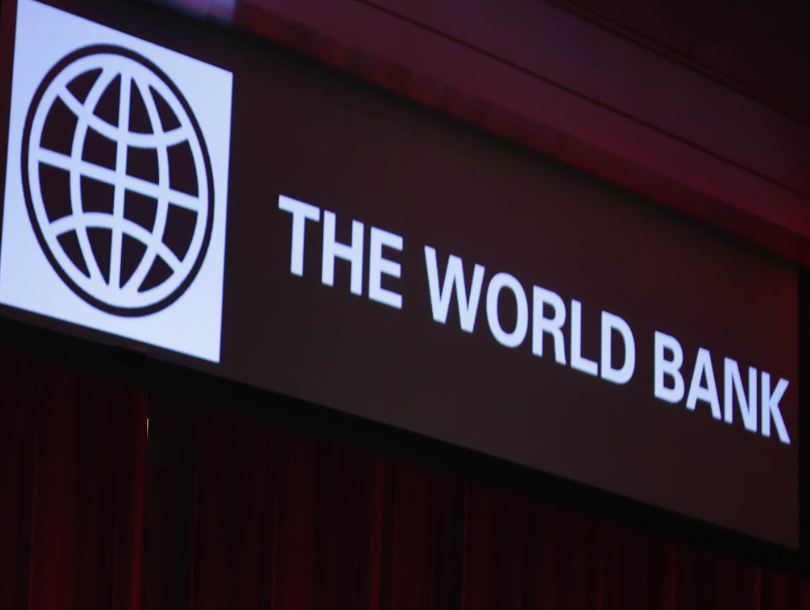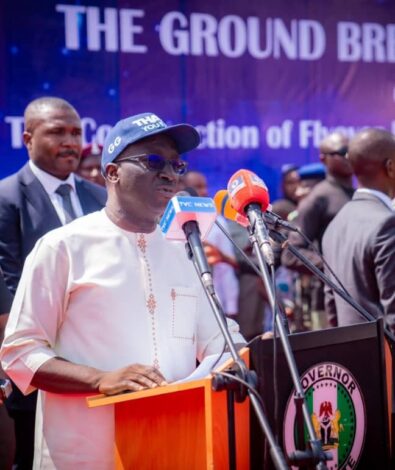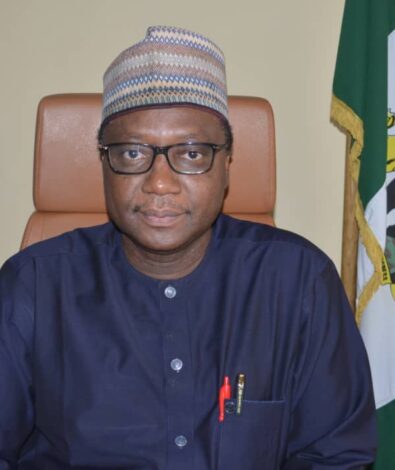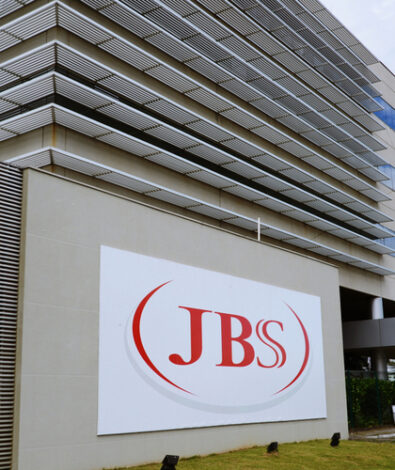Policies: Nigerians react to World Bank’s ‘cash transfer’ recommendations to Tinubu

Nigerians have expressed diverse opinions regarding a recent World Bank policy recommendation to President Bola Tinubu about reducing governance costs and providing urgent relief for ordinary Nigerians.
The World Bank’s Nigeria Development Update report for October 2024 recommended cutting wasteful expenditures and accelerating the rollout of targeted cash transfers as part of the urgent policies that could bring relief to Nigerians.
The report, titled “Staying the Course: Progress Amid Pressing Challenges,” assessed recent socio-economic developments and prospects in Nigeria, placing them in a long-term and global context.”
What Nigerians Are Saying
However, a number of Nigerians took to their LinkedIn and Twitter handles to express their views of about the latest World Bank recommendations.
Some considered the accelerated cash transfer advice as ill-thought-out while others recommended what they believe to be the best way to channel federal government funds, for the benefit of Nigerians.
Below are some of their views:
“It is better to understand that the World Bank does not truly have Nigeria’s interests at heart. How does cash transfer help us in a corrupt, wealthy society, instead of focusing on real-sector development, which I believe the new fiscal policy will address to some extent?
“Similarly, the government should tackle corruption at all levels to maximize efficiency and utilize the savings from oil subsidy removal to expand agricultural projects that will generate jobs and boost food sufficiency, thereby averting dependency on Western methods that undermine African strength. Nigeria is more blessed than most Western nations manipulating us against our will, if not for our corrupt way of life. That is my take.”
“Regarding point three, we do not have the inclusive digital financial infrastructure to deliver a credible and auditable cash transfer program. Currently, 30 million Nigerians have a digital identity but lack financial accounts. These individuals likely represent the most vulnerable who need cash transfers the most.
“These people are one step into the financial system with their digital identities. They are low-hanging fruit for financial inclusion if the NIMC, NIBSS, banks, and telecoms can collaborate quickly to establish a credible and efficient cash transfer program.”
“The effectiveness of this recommendation is hindered by the vested interests of civil servants who benefit directly from these expenditures. Without addressing the underlying power dynamics and creating incentives or stronger oversight mechanisms, this recommendation risks being superficial or ignored.
“The entrenched interests benefiting from the current revenue collection system pose a substantial challenge. Implementing such a change would require addressing systemic corruption and ensuring transparency, which is difficult without significant political will and structural changes.
“Nigeria lacks comprehensive, reliable data and the necessary digital infrastructure for effectively implementing cash transfers. Without robust systems in place, such a program could be prone to inefficiencies, mismanagement, and corruption.”
“I support the first two recommendations, but the last two are not worth considering because they are open to corruption and abuse. They will encourage indolence and surely waste the savings from fuel subsidy removal.
“The savings from subsidy removal should be channeled into:
1) Human capital development in education and health, particularly in vocational and technical education and primary health care.
2) Infrastructural development, especially in the provision of:
2.1) Rural roads to boost agricultural production.
2.2) Expansion of the railway network to connect major population centers.
2.3) Expansion of fuel distribution pipeline networks and depots across the country.
3) Empowering the military with all necessary resources to finally defeat the insurgency and banditry ravaging many parts of our country.”
“World advice has not helped third-world countries, especially Nigeria. We are where we are today because of advice regarding the removal of fuel subsidies. The World Bank should have advised Nigeria to make government-owned refineries operate at full capacity, ensuring sufficiency before embarking on subsidy removal.”
“It’s important to investigate the possibilities and outcomes of cash transfers over the years. Evidently, from a few exercises, they have not changed objectives or achieved economic stability. Recent examples, such as Tredamonie and Wage awards, show that cash transfer policies have fueled corruption, political alignment, inflation, and tribal inequalities in Nigeria. We know ourselves better than the World Bank officers.”
“It’s time to channel savings from the subsidy removal to ramp up production, not cash transfers. Cash transfers reduce people to beggars while subsidizing their productive abilities brings true empowerment.
“In this high-inflation environment, every sector of the economy needs access to capital to boost production; this is where government policies and direct intervention should focus.”
“World Bank and their templates—what use are cash transfers under the current circumstances? Wouldn’t we be better off subsidizing production to create growth in the economy and provide opportunities for the vulnerable? We know where the cash transfers will ultimately end.”
“Is it not curious that all this while World Bank has not said anything reasonable about the need to tackle corruption and stop stealing of public funds by politicians and public officers?”
https://Twitter.com/AlobeTunde/status/1847416872653717683?t=XMBAd8RH15ok1lKK_PZrtQ&s=19
“A Government that the World Bank is using as an experiment, is that a government? Is it the World Bank that guided America, Europe, Asia, Australia, and others to prosperity and development?”
Government wey world Bank dey use dey do experiment, shey na government be that? Is it world Bank that guided America, Europe, Asia, Australia, and others to prosperity and development?
— KWEKWE (@ndukwe_ume96970) October 18, 2024
“What is the World Bank’s obsession with Nigeria? For the last 2 weeks, they’ve been meddling in our economy like their lives depend on it. Over 129 million people are now in poverty courtesy of the advice given by World Bank and taken hook line and sinker by Wale Edun and Olayemi Cardoso.”
What’s the world Bank obsession with Nigeria? For the last 2 weeks, they’ve been meddling in our economy like their lives depend on it. Over 129m People now in poverty courtesy of the advice given by World & taken hook like and sinker by the 2 confuse clowns Wale Edun & Cardoso.
— RX RUKAYYA 😚 (@RukayyaBauchi) October 18, 2024
“World Bank is destroying Africa. African leaders must put on their thinking caps. “
World Bank is destroying Africa. African leaders must put on their thinking caps.
— James Meche (@Meche4James) October 18, 2024



